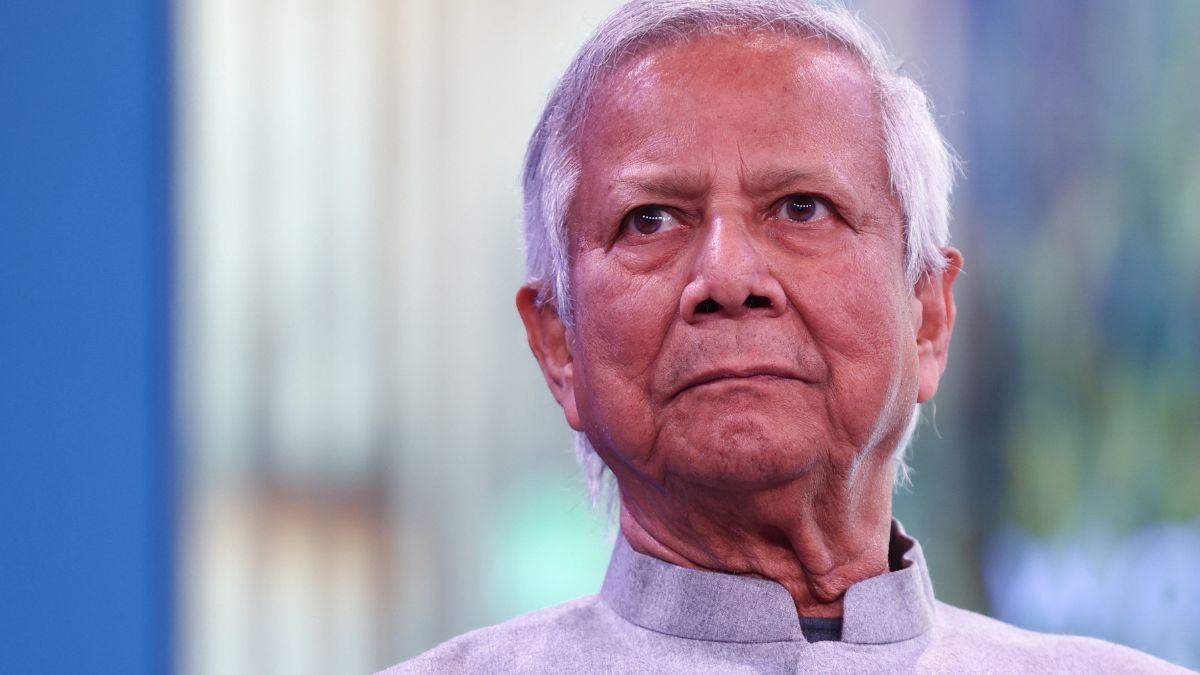Radical Islamist group Hefazat-e-Islam Bangladesh has warned Chief Adviser Muhammad Yunus that he could face the same fate as deposed Prime Minister Sheikh Hasina if the interim government proceeds with implementing what it calls “anti-Islamic” recommendations proposed by the Women’s Affairs Reform Commission.
According to a Times of India report, at a recent gathering, Hefazat leaders strongly criticised the Commission’s proposals, claiming they contradict the Quran and Sunnah and urged the government to scrap the reforms immediately
Separately, the Islamist political party Khelafat Majlis also demanded the abolition of the Women’s Affairs Reform Commission, echoing Hefazat’s opposition and calling the body unnecessary and harmful to Islamic values, added the report.
“This is against the Quran and Sunnah and threatens the religious identity of Muslims,” ToI quoted secretary general Ahmad Abdul Quader as saying.
Hefazat’s warning came during nationwide protests triggered by the Commission’s recent report, which Hefazat claims goes against Islamic law.
Addressing protesters in Narayanganj on Friday, Hefazat joint secretary general Mamunul Haque said, “We welcomed five of the six reform commissions, but the proposals from the Women’s Affairs Reform Commission are shocking. They blame religious and social norms for gender discrimination, which is a clear rejection of Islamic law.”
“We have shown him respect, but if he insists on pushing this agenda, we will be compelled to treat him no differently than Sheikh Hasina,” said Haque referring to Yunus.
Hasina, Bangladesh’s longest-serving prime minister, resigned and fled to India last year, marking a dramatic end to her 15-year tenure following an unprecedented wave of nationwide protests.
Impact Shorts
More ShortsHer departure came after weeks of escalating demonstrations and violent clashes with security forces, which left nearly 300 people dead since mid-July.
Initially sparked by student anger over a controversial quota system for government jobs, the protests quickly evolved into a widespread movement against Hasina and the ruling Awami League.
The 76-year-old leader, who secured a fourth consecutive term in January through a disputed election boycotted by the main opposition, faced growing domestic and international criticism over democratic backsliding. The latest unrest proved to be the final and most significant challenge of her political career.
With inputs from agencies
)